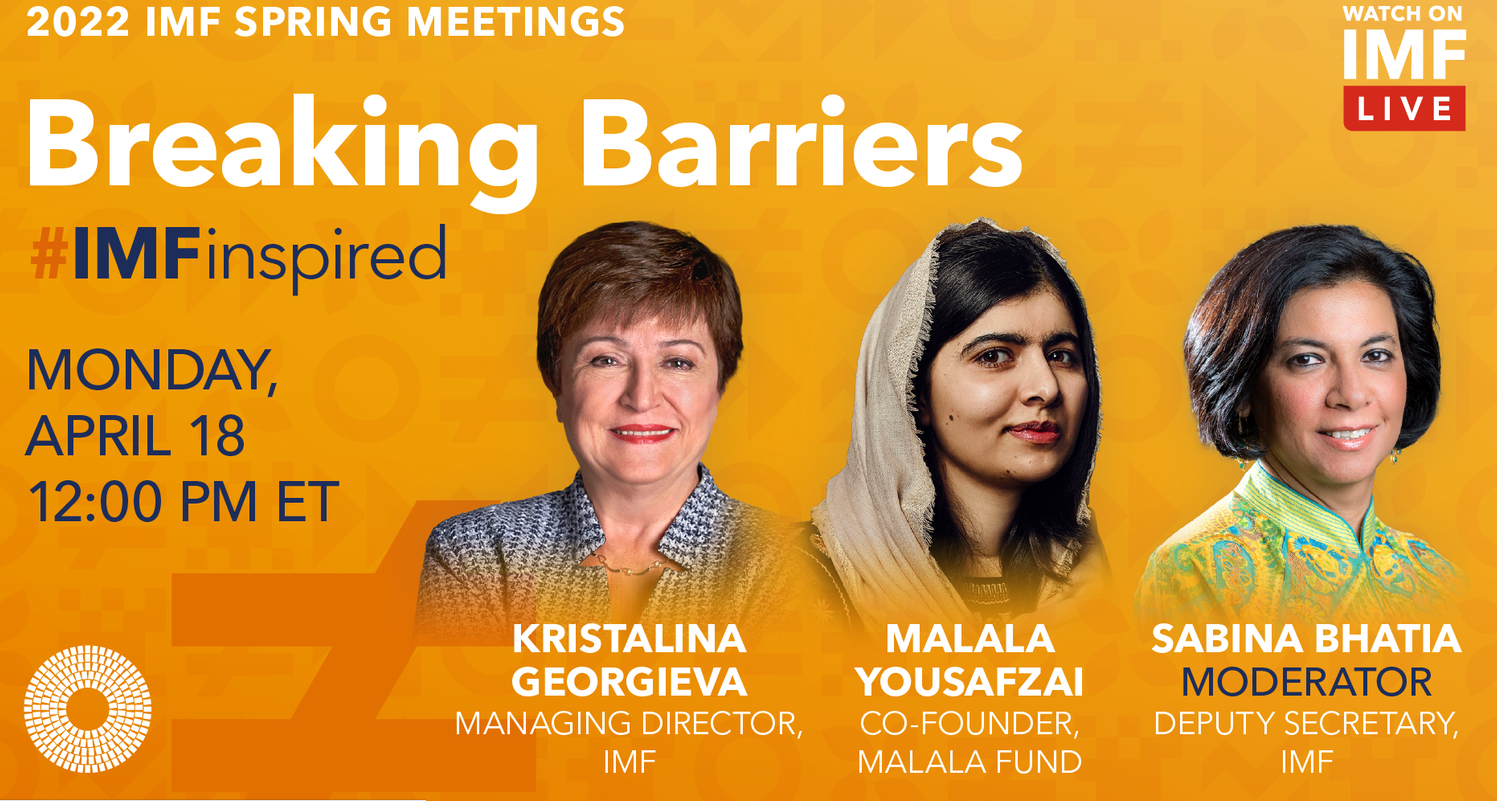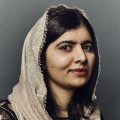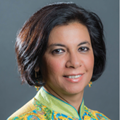Monday, Apr 18, 2022 | 12:00 PM - 12:30 PM
Location: HQ1-BL-517 (AV CORE)

Malala Yousafzai, Nobel Peace Prize Laureate and co-Founder of Malala Fund and Kristalina Georgieva, Managing Director of the IMF, will discuss why breaking barriers to girls’ education and women’s empowerment is a moral and economic imperative. The conversation will be moderated by Sabina Bhatia, Deputy Secretary of the IMF.
 |
Kristalina Georgieva Managing Director, IMF |
Kristalina Georgieva is the Managing Director of the International Monetary Fund (IMF). She is the first person from an emerging market economy to lead the IMF since its inception in 1944. Before joining the Fund, Ms. Georgieva was Chief Executive Officer of the World Bank and also served as Interim President for a time. Previously, she served at the European Commission as Vice President for Budget and Human Resources – and as Commissioner for International Cooperation, Humanitarian Aid and Crisis Response. She was named “European of the Year” and “Commissioner of the Year” by European Voice for her leadership in the European Union’s humanitarian response to crises.
 |
Malala Yousafzai Co-founder and board chair of Malala Fund |
Malala Yousafzai is co-founder and board chair of Malala Fund. Malala began her campaign for education at age 11 when she anonymously blogged for the BBC about life under the Taliban in Pakistan’s Swat Valley. Inspired by her father’s activism, Malala soon began advocating publicly for girls’ education — attracting international media attention and awards. At age 15, she was attacked by the Taliban for speaking out. Malala recovered in the U.K. and continued her fight for girls. In 2013 she co-founded Malala Fund with her father, Ziauddin. A year later, Malala received the Nobel Peace Prize in recognition of her efforts to see every girl complete 12 years of free, safe, quality education. Malala is a graduate of Oxford University with a degree in Philosophy, Politics, and Economics.
 |
Sabina Bhatia Deputy Secretary of the IMF |
Sabina Bhatia, a national of India, is Deputy Secretary of the IMF. Prior to that, she was Assistant Director in the Communications Department. Sabina has a B.A. from Calcutta University and an M.A. in Applied Economics from Johns Hopkins University.
Noting that addressing the current crisis in girls’ education is both a moral and economic imperative, the session described how the pandemic and conflicts have exacerbated existing obstacles to girls’ education. Discussants also showcased how global cooperation and multilateralism could help in breaking these barriers.
Key Points:
Quotes:
“We recognize that women play a tremendously important role for their families, communities, and countries and what we do for women, is for all of us. It is morally right, but it is also great economics." Kristalina Georgieva
“I want to stress that educating girls—this is not spending—it is an investment in them, and in the future of the countries.” Kristalina Georgieva
“Policies are for people. They are not for the paper, they are not for the books, they are for improving people's lives.” Kristalina Georgieva
“A girl knows her future is safe when she is in school. She knows she can build a future for herself and her community when she gets complete and quality education." Malala Yousafzai
“The presence of women is crucial in positions of power, in positions of responsibility, in positions of movements and activism. We need to see more women's faces, women's voices.” Malala Yousafzai
“The presence of women is crucial in positions of power, in positions of responsibility, in positions of movements and activism. We need to see more women's faces, women's voices.” Malala Yousafzai
Contributor: Smita Aggarwal